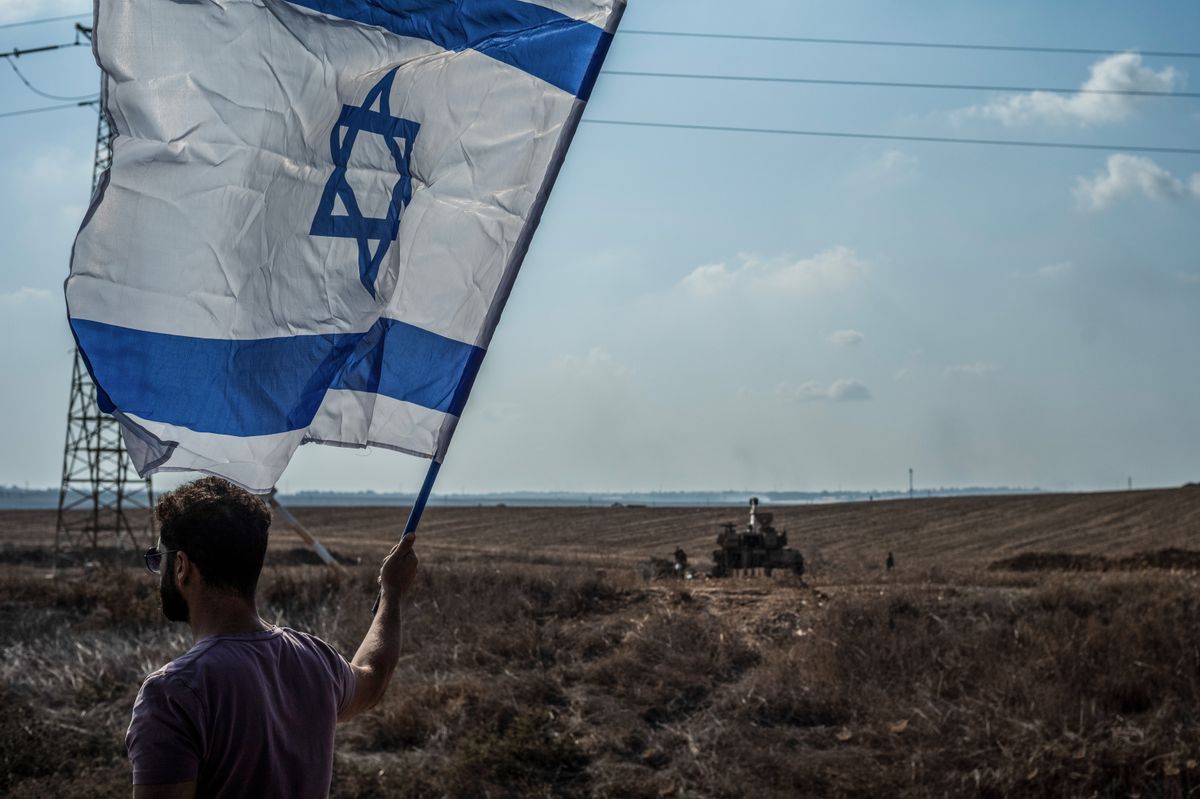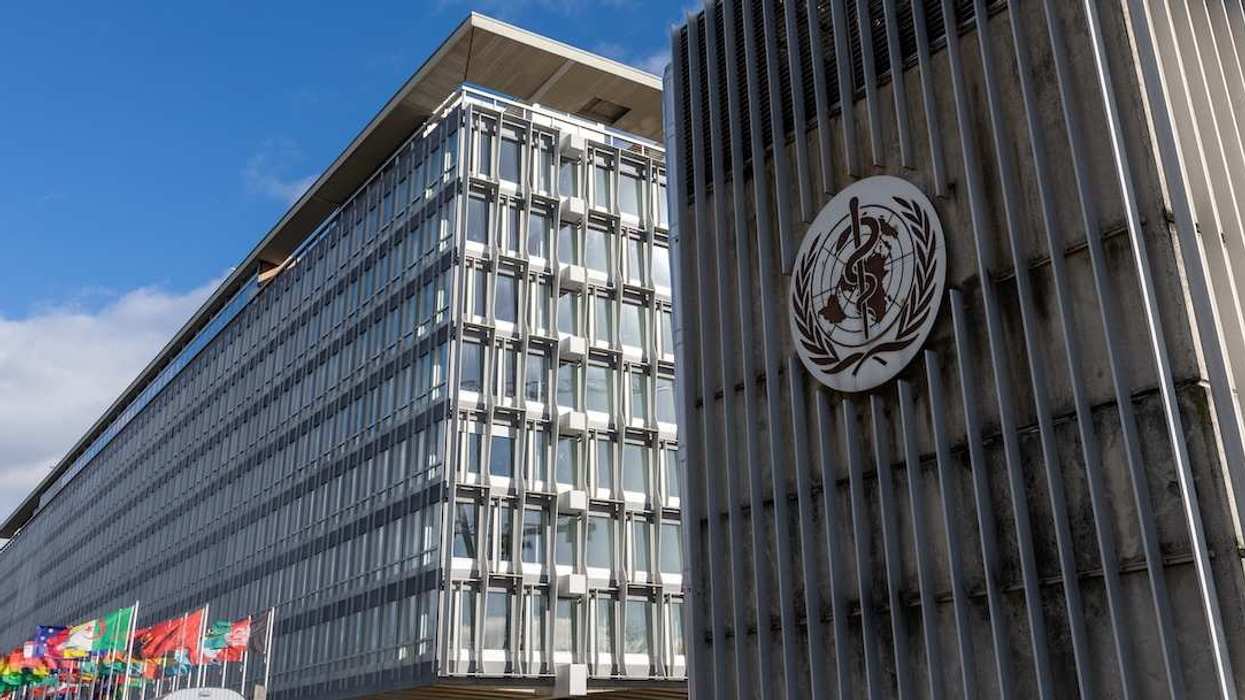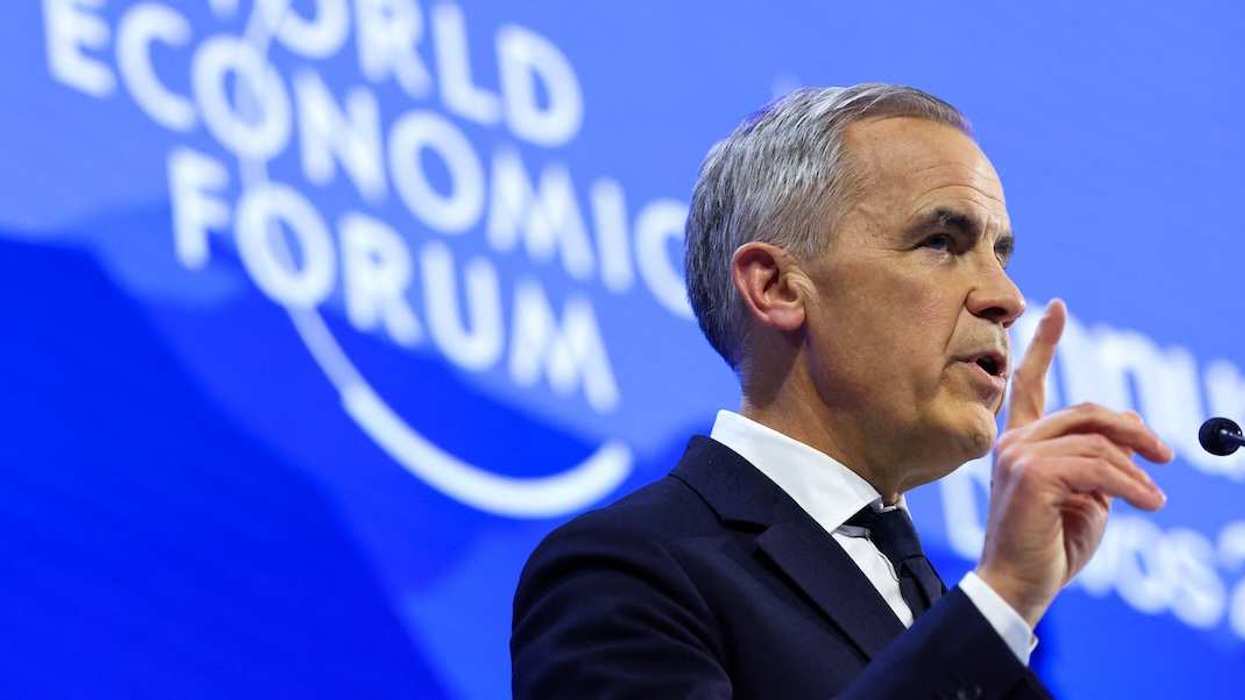Announcing on Wednesday that Israel had formed a unity government with the opposition, PM Benjamin Netanyahu said at a press conference that “we put aside all differences to face an enemy worse than ISIS.”
The war cabinet includes the PM, along with his Defense Minister Yoav Gallant, both from the right-wing Likud Party, as well as leader of the National Unity Party Benny Gantz, a former military chief of staff and head of the defense ministry.
Uniting a divided nation. “The most important action [now] is to establish the unity of the nation,” Netanyahu said in an attempt to convey unity to Israel’s enemies. Netanyahu himself has come under intense scrutiny in recent months for driving a wedge through Israeli society and politics by trying to diminish the power of the country’s judiciary.
Along with the military, the two political factions will oversee decision-making for the duration of the war in the Gaza Strip. No legislation unrelated to the war effort will be passed in the Knesset during this time, according to a statement released by both sides.
Crucially, this move sidelines far-right members of Netanyahu's coalition government, like National Security Minister Itamar Ben Gvir, who, according to Haaretz, rallied against the formation of a unity government that would dilute his own power.
In his address to the country, Netanyahu also confirmed new details of the Hamas attack against southern Israeli communities on Saturday, including revelations that families had been burnt alive, while children were handcuffed before being abused and killed. The gruesome imagery is indeed galvanizing a previously-divided people, but it is also stoking public rage at the government and intelligence community for failing to protect its citizens.
Prospects of a humanitarian corridor. As Israel continues to bomb Gaza and prepares for an imminent ground invasion, the Palestinian death toll is rising. Key Hamas leaders have reportedly been killed, along with hundreds of civilians.
The US, for its part, says it is working with Israel and Egypt to secure a humanitarian corridor for Gazans that would help evacuate civilians, after Israel imposed a blockade on the coastal enclave, cutting off water and food deliveries, and electricity. But this effort is complicated by the fact that Israel has in recent days bombed the only crossing connecting Gaza to the Sinai Peninsula. Meanwhile, Egypt’s President Abdel Fattah el-Sissi, who has made national security his top priority, has also made it crystal clear that he does not want to absorb an influx of Gazans or risk terrorists crossing the border. “National security is my first responsibility and under no circumstances will there be any complacency or negligence,” Sissi said in recent days.
The US’ stance. After Biden on Tuesday addressed the “sheer evil” of the Hamas attack, there are now reports the US could soon send a second aircraft carrier group to the Eastern Mediterranean in order to deter Iran and its Lebanese proxy Hezbollah from joining Hamas in the fight against Israel.
US Secretary of State Antony Blinken arrived in Israel this morning to meet with Israeli leaders, and will then head to Jordan where the issue of securing the release of civilian hostages taken by Hamas, including many Americans, will likely be the focus.
Meanwhile, Ukraine’s President Volodymyr Zelensky, who is Jewish, said that he wants to visit Israel in a show of solidarity, putting an embarrassing spotlight on Netanyahu who has been broadly criticized for failing to adequately back Kyiv amid the Russian invasion.


















